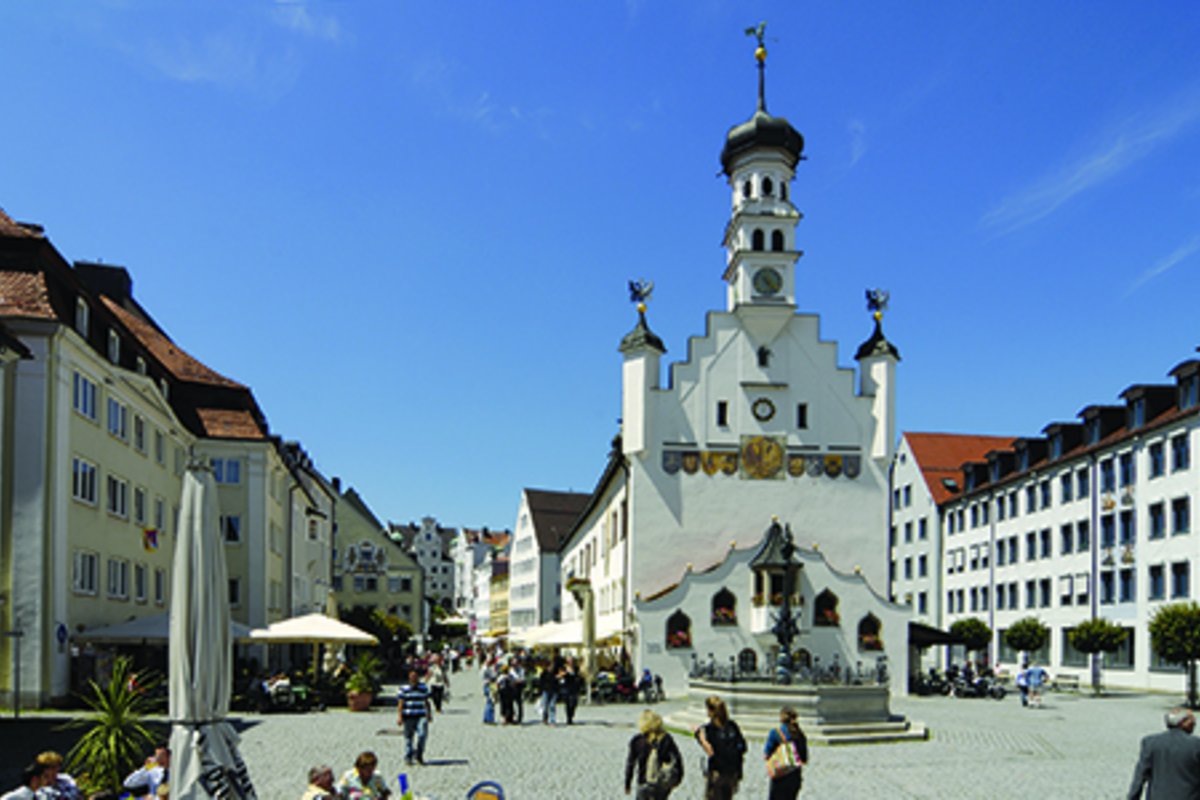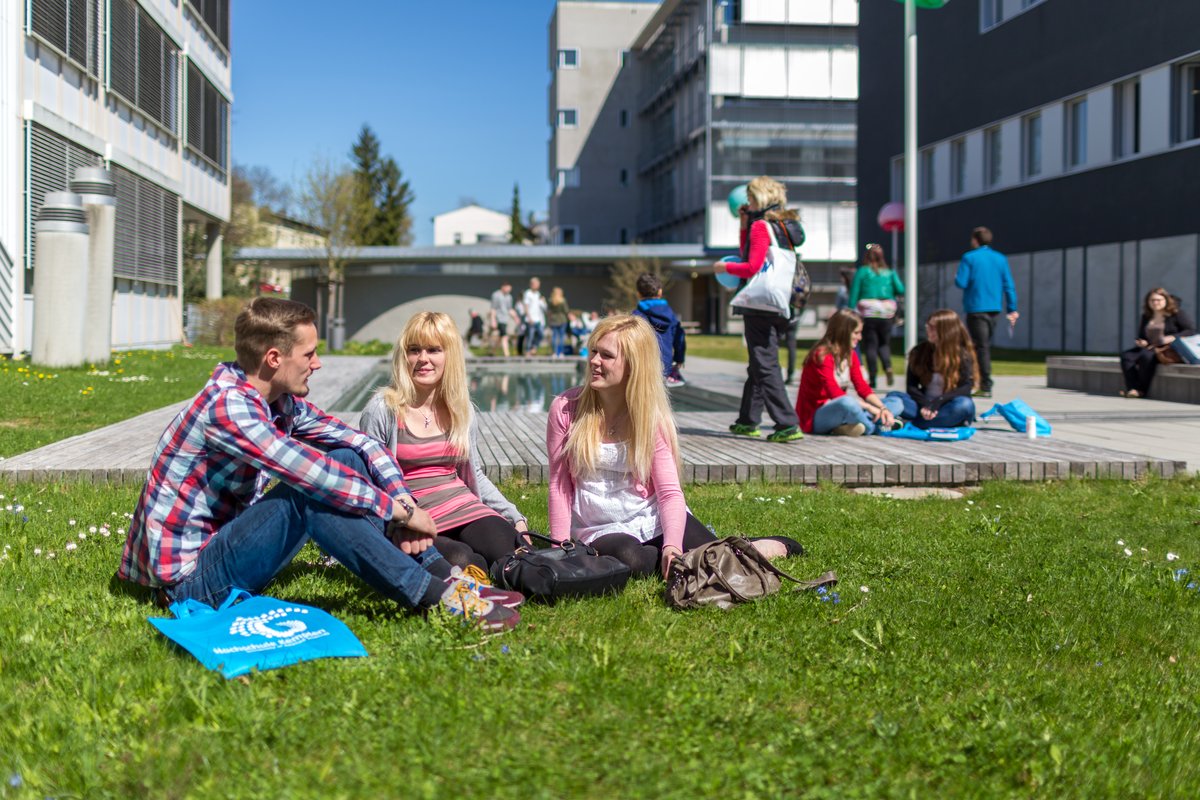
Do you aspire post-graduation to take the helm of planning and coordinating key logistical corporate processes? If so, our master’s degree programme in logistics presents an outstanding opportunity to focus on expanding your expertise in applied logistics management. The broad range of different logistics modules ensures comprehensive and practically relevant specialisations in the field, opening up all kinds of career options in specialist logistics companies or wider industry and commerce.
This master’s degree programme in Logistics builds upon the topics studied in business science degrees, but is also suitable for engineers and computer scientists. It teaches logistical specialist knowledge and an application-focused understanding of management while versing you in the technical and business skills required for managing logistics.<br/>
At a glance
Award
Master of Science (M. Sc.)
Study mode
full-time
Standard duration
3
ECTS credits
90
Starts
winter semester
Restricted admission
yes
Taught in
German, English
Faculty
Business Administration
Study abroad
optional
Maximum number of participants
25
Accreditation
FIBAA
Details about this course
This master’s programme is designed for full-time study, spanning seven modules over the course of three semesters, including the master’s thesis.
You will spend the first semester focusing on the subjects of process management and strategic logistics management. The second semester covers the relevant information systems for practical applications, and you will develop specialist knowledge in the field of transportation. At the same time, you will examine the very latest topics in depth.
Each semester, you will work on several company projects in local businesses, providing the opportunity to directly apply your knowledge and gain valuable experience.
You complete the programme by writing your master’s thesis in the third semester. Successfully completing this element demonstrates your ability to work scientifically on a defined problem in the field of logistics and then present and defend your conclusions with your peers.
The university awards students who successfully complete this programme the academic title Master of Science (M.Sc.).
Logistics is considered a cutting-edge interdisciplinary field subject to constant change and numerous external influences. This presents high-calibre career opportunities with stringent profile requirements for up-and-coming logistics managers.
There is great demand for highly qualified managers in the field of logistics. A master of science equips you for managerial positions with major responsibilities. Your master’s degree will form your gateway to senior roles and leverage promotion.
The admission requirement for this master’s degree programme in Logistics is a business sciences degree with a “good” or better overall grade or an equivalent higher education qualification / bachelor’s degree with at least 210 ECTS Credit, of which at least 25 ECTS must come from quantitative modules (mathematics, statistics, operations research or logistics).
You can already apply with 180 ECTS. Proof of the missing 30 ECTS must be provided within one year.
A language level of C1 in German and B2 in English is required.
Please note: The maximum intake of students to this programme is 25 per year. Candidates will be selected based on complete and timely application and submission of documents and according to the average grade for their first degree.
All the latest information and details on applying and the admission requirements can be found under Applications and admissions.
We ascribe to the values of openness, tolerance and acceptance. Our aim is to teach everyone involved at Kempten University of Applied Sciences about education in an international context. As part of this, we support university-wide, inter-faculty measures to promote international projects and cross-cultural interaction.
Are you interested in learning more about options for you to study abroad? More about opportunities for studying abroad.
We compile all study programme and examination regulations centrally for you. There you will find all versions and changes. continue
Programme with extended practice
Study this Master's programme combined with in-depth practical studies! Your regular studies are combined with intensive practical phases, based on the course content. The offer is aimed at both regular, non-dual and dual Bachelor graduates who have completed a combined study programme or study programme with in-depth practice.
You can find more information about the offers here.
Details about the course content
Module content
Module 1: Strategic Supply Chain Management
- Networking value-adding processes
- Procurement, production, distribution, dispatch
- Interlinking logistics processes
- Abstracting tangible practical problems, communicating solutions
Module 2: Transportation and Distribution
- Formulating strategies, developing competitive advantages, measuring performance
- Cost analysis, process cost calculation
- Business simulation
- Labour, forwarding and transport law
Module 3: Digitalisation and IT
- Flexible expansion of logistics diversity
- Logistics seminar: working on current topics
- Contributions from company representatives
Module 4: Operations Management
- Training in ERP systems, SAP, NAVISION
- Logistics simulations
Module 5: Procurement
- Material flow planning, storage and conveyor technology
- The work of forwarding agents, interfaces
- Interdisciplinary collaboration
Module 6: Practical Application and Innovation
Module 7: Master’s thesis and colloquium
- Further information about “master’s theses”
Merkblatt
For further information, please consult the Module Handbook for the master’s degree programme in Advanced Logistics.
Module Handbook
For further information, please consult the Module Handbook for the master’s degree programme in Advanced Logistics.
Examinations
Modules 1 to 6 are all assessed by examination, consisting of two to three parts, usually in the form of written examinations. Other forms of assessment are used such as oral examinations and written papers.
The master’s thesis and accompanying group seminar (“colloquium”) are the assignments completed for semester 3 (module 7).
Further information about examinations and the downloads for examination announcements (examiners/resources plan) and the examination schedule can be found here.
Master’s thesis
- Working within a specified period of time on a problem in the filed of logistics using scientific methods; presenting work in writing
- Colloquium: Explaining progress to date, the current status, and unresolved questions
- Final colloquium presentation: integral part of the module
- Details: Handout
Contacts
If you have general questions about studying, application, admission and formal aspects, please contact the General Student Advisory Service.
If you have any questions about the content of the degree programme and the course of study, please contact the programme coordinator Prof. Dr. Göbl:
martin.goebl(at)hs-kempten.de
W214
0831-2523-154



